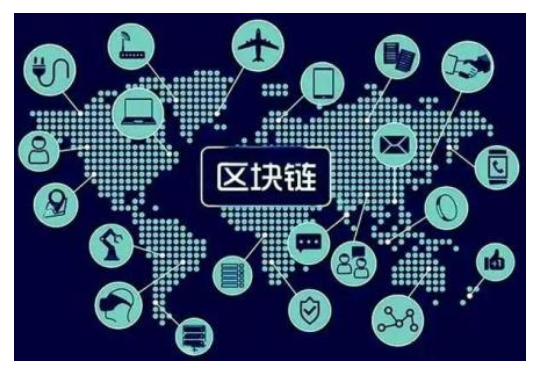Since the beginning of 2018, many technology trend reports and articles have proposed that blockchain and the Internet of Things may be the next key to development. Moreover, by 2019, nearly 20% of all IoT deployments may have basic blockchain services. Many companies do not know the future development of the blockchain, and may also worry about being excluded from the rapid development of the blockchain. This is also a basic status of the current blockchain development. Nevertheless, the blockchain has become the new darling of the scientific and technological circles, and many individuals, companies, governments and even secret organizations are using this technology to make various attempts. In the future, the Internet of Things will be the field that has the most sparks with the blockchain. why? 1. Problems facing the Internet of Things industry So far, the most urgent challenges facing the Internet of Things are security (ensure data privacy and data storage security) and integrity (data continuity and compatibility of various data interactions). Obviously, the Internet of Things will gradually expand to all aspects of our lives and lead to a sharp increase in interconnection. However, servers used for data transfer between network devices are more likely to become weak links in terms of productivity and reliability. Hardware: Due to the different application scenarios of the Internet of Things, there are many types of sensors with different functions. In many sub-scenarios, there are cost and scale issues; the sensor itself requires some semiconductor materials, biotechnology, chip technology, and packaging technology. The technology upgrade will be restricted. Standard compatibility: the vast differences in IoT terminal equipment, communication protocol differences, and different application scenarios require inconsistent standards in the IoT field: hardware protocols, data model standards, network protocols, sensor standards, equipment connection standards, and platforms Compatibility, third-party application interface, service interface, etc. The inconsistency of various standards will lead to waste of resources and various problems in the interoperability of equipment. Data storage problem: At present, the data collected from the Internet of Things device information is stored on the central server (cloud service), but as the number of networked devices increases geometrically, the cost of data storage, access efficiency, performance stability, etc. On the one hand, there will be a huge test. Even if the unprecedented economic and engineering challenges are overcome, the cloud server is still a bottleneck and point of failure, which will disrupt the entire network. This becomes especially important when human health and life are increasingly dependent on the Internet of Things. Data analysis problem: The current processing of collected IoT device data is only simple data processing and services in terms of device networking management, operating status, etc., and lack of in-depth data mining and value application in enterprises to improve production efficiency and revenue, etc. aspect. This aspect will also be subject to the development of artificial intelligence and big data technology. Industry application scenarios: The current industry application scenarios based on the Internet of Things are still in their infancy. Smart devices have not improved people's lives and problems through intelligence after they are connected to the Internet. Consumers are not strong and lack mature business models. Security issues: The Internet of Things has specific application scenarios in smart cities, transportation, energy, finance, home furnishing, medical care, etc. In these scenarios, the number of connections and data transmissions of various types of devices will reach unprecedented levels With different heights and different execution environments, traditional network security defenses face huge challenges. Security issues are manifested in two aspects. One is the impact on system security and personal life safety after the machine is attacked or tampered with, and the other is data leakage. Once a security problem occurs in the Internet of Things field, the harm will be great. Second, the blockchain solution The Internet of Things industry itself is an industry with a perfect connection between upstream and downstream. Although there will be a series of bottlenecks and problems in its own development, these problems are an industry-specific systemic problem. The use of blockchain technology to transform the Internet of Things industry is not a process of subversion, but a process of integration. The Internet of Things industry integrates blockchain technology like cloud computing, big data, and artificial intelligence technology. It is basically impossible and unnecessary to use blockchain technology to solve or improve certain links or problems in the Internet of Things industry, instead of going through the processes of all links in the Internet of Things industry. Computer Case, Desktop Computer Case, Console Case,Gaming Computer Case,Boluo Xurong Electronics Co., Ltd. Boluo Xurong Electronics Co., Ltd. , https://www.greenleaf-pc.com